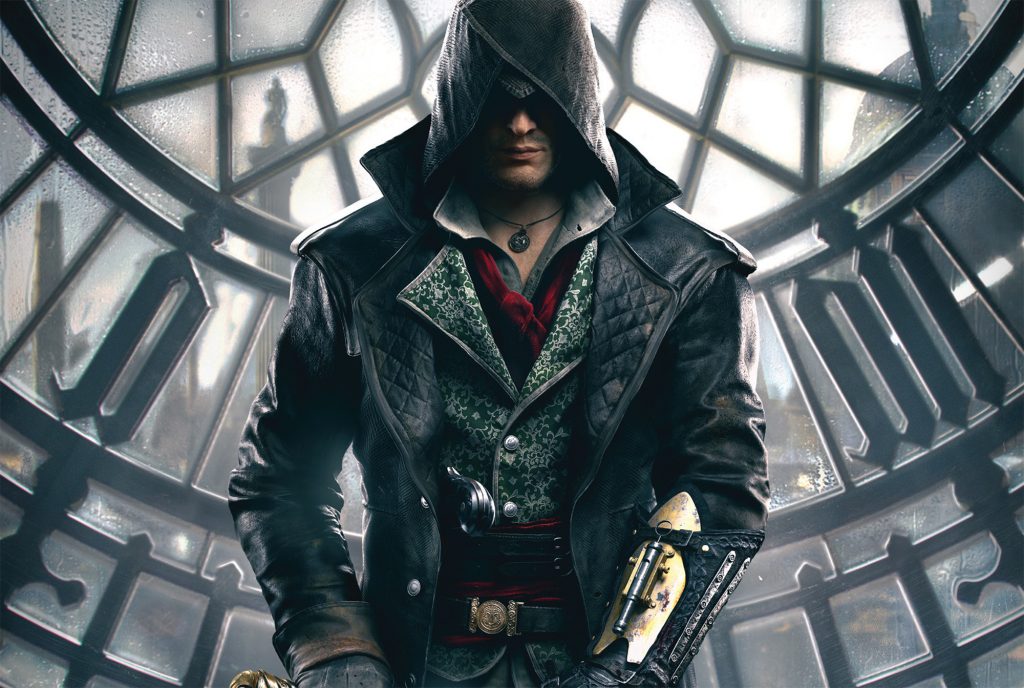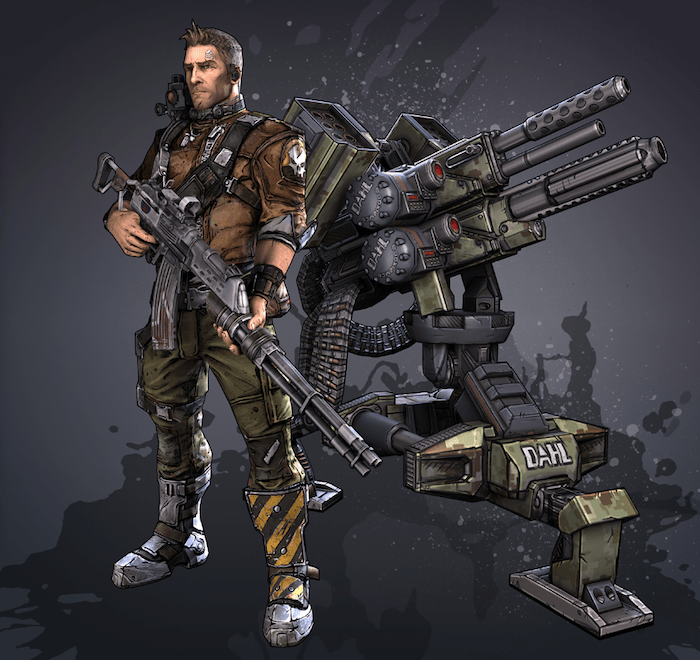
Masculine bisexuality in games: past, present and future
Bisexuality holds an uncertain place in media. Whilst cultural representation for the LGBTQ+ community as a whole is far from adequate, the specific subject of bisexuality stands out, given the length of time I never saw it reflected in the media I loved: games.
Representations of feminine bisexuality is its own issue, given the extent to which it is fetishised in a lot of popular culture (just look at Moxxi from Borderlands), whilst masculine bisexuality is almost the opposite. It’s hush-hush. Most of the time, you can categorise bi men in games into three sections. That’s a bad start.
An option
By far the most common depiction of masculine bisexuality in games is when it’s a player option. In games like Mass Effect or Assassin’s Creed: Odyssey, the player is given the freedom to romance a whole host of characters, from celestial outsiders to trierarches. It’s just a game mechanic. The protagonist is ‘player-sexual’, and are usually living in a world where it’s all chill, your relationships don’t really matter.
Fine, I get it, player freedom and all that. Unfortunately, given it’s such a widely seen form of bisexuality, it reduces a huge part of my personhood and existence to being a fun little game system where you can be a big old lothario. Sure, sometimes it can be well-written, like some of Alexios’ romances in Odyssey (despite the fact that canonically, the character is forced to reproduce), but for every one of them you get a Fallout 4, with bisexuality as set dressing simply to expand the options for the player.
Played for laughs
Bi men just wanna have sex constantly, apparently. Maybe they’ll be super forward towards the protagonist, who can choose to reciprocate or call them a weirdo. Case in point: Trevor Philips from GTA V. He’s a complex character, of course, but a lot of his schtick is based on being a crazed sex fiend. He often references his numerous sexual encounters with men, and is characterised as a frightening, dangerous individual, both sexually and in other facets of his personality.
Typecasting of bi people has been extensively criticised in other forms of media. It’s not necessarily a ‘games’ problem. In GTA though, a series widely emblematic of what the games industry represents, the only bisexual character gaining pleasure from rape and torture is worrying. It’s a concerning sign.
Bi the way
I’m all too familiar with this concept. The kind of character who, on the face of it, is a cookie-cutter character we’re all familiar with. Take Axton, from Borderlands 2. Your standard quippy, macho, soldier type, he’s the character you choose when you’re a Torbjorn main. Due to an error in the game’s code, he’d use flirtatious voice lines with male characters, which caused some controversy with fans.

The problem here arises when this code error for Axton’s voice lines was picked up on by fans and he’s retrofitted with a bisexual identity. Writer Anthony Burch does mention that extra voice lines were added in to DLC in order to emphasise Axton’s sexuality, but it’s emblematic of an all-too-common theme. Even in a game whose writer explicitly aims to make as many people as possible feel welcome, masculine bisexuality is incidental. He’s bi through convenience and accident, and the opportunity to tick another box for the cast. We really do have to dig this deep just to get the slightest acknowledgement of masculine bi identity.
Why does this matter?
It matters to me that my identity is an afterthought. It matters that growing up loving video games, I never felt comfortable enough in myself having never seen myself reflected in the medium I adored. The dichotomy of straightness and homosexuality is the default, leaving no room for a teenage boy with no idea what’s going on in his head. This is the reality for so many kids across the world, and it’s about time video games acknowledged it. Clear and deliberate representation is needed, and has been proven to positively impact those involved.
Remember: Axton was only supposed to flirt with the game’s female characters, and it took a literal technological error to make him bi. This is the perfect illustration. I’m an error. A mistake. A punchline. Indecisive. It’s even parodied in Saints Row 4’s version of the Mass Effect romance system. Everyone in the world is dead (spoilers), so now maybe I’ll turn bi and get with whoever’s left.
Positive Strides
Assassin’s Creed: Syndicate’s Jacob Frye is a protagonist who was bi from the start, and designed in such a way. Not perfect, but his sexuality makes sense within the story. Sean Diaz from Life is Strange 2, embodies a genuine feeling in his curiosity and confusion. His bisexuality is specifically explored in the game as well, something that most games shy away from in favour of vague deniable allusions. These positive portrayals are extremely few and far between, and it’s not good enough.
Of course, I’ve not played every game ever, so please let me know if there’s a super cool bi guy I’m missing out on so I can immediately play them!
I want to specifically mention Nicky Case’s 20-minute game, Coming Out Simulator 2014. A highly personal account of bisexuality, it’s just one example of what masculine bisexuality means.






